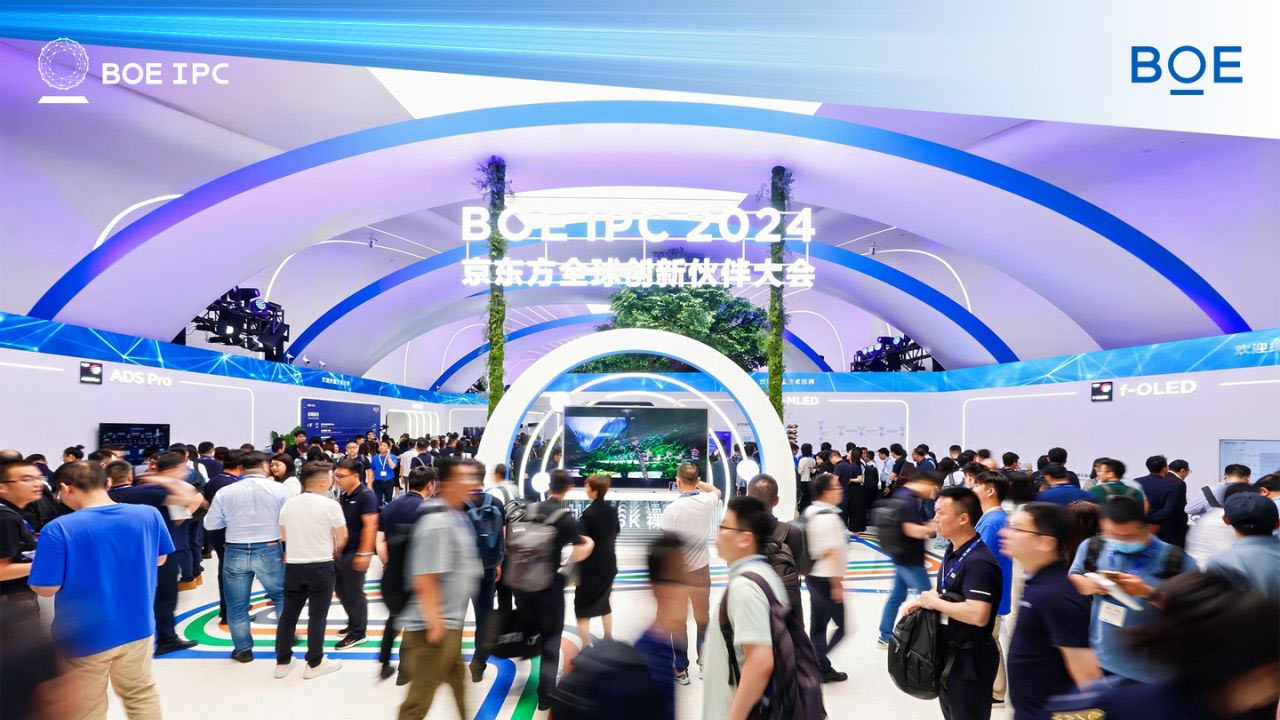
BOE claims that its new Winning Display 1 Hz tech can reduce screen power consumption by 65%. Unveiled during the recent BOE Global Innovation Partner Conference 2024 (BOE IPC 2024) the firm's new Winning Display 1 Hz tech, and Intel Intelligent Display Technology 2.0 (IIDT 2.0), utilize AI smarts and were both collaborative works with Intel, reports Chinese language Sina Technology. IIDT was supported by Meteor Lake laptops, and now v2 of this tech will debut in new Lunar Lake devices for even better battery life.
In the intro, there are several big clues as to how BOE’s Winning Display 1 Hz can save display power. Firstly, displays using this tech can ratchet refresh rates down to 1 Hz as applicable. When to implement this significantly reduced display refresh rate is down to the system's AI algorithms. Lastly, the technology seems to be part of, or relies upon, IIDT 2.0, from Intel.
IIDT solutions pull together a number of supporting technologies such as ALRR, UBRR, PixOpix, and others. ALRR is a technology that is said to autonomously reduce display refresh rates during semi-active workloads. Meanwhile, UBRR detects user presence and intelligently reduces refresh rates when no one is there. These technologies use AI to analyze user behavior such as mouse movements, head movements, and application usage. Last but not least, PixOptix is used to improve contrast and reduce backlight power consumption. We’ve not heard of these technologies previously, nor can see any mention of them from Intel, or on BOE’s official site, so are taking Sina Technology’s event report at face value.
Another interesting AI technique, which is said to be applied to save display power, is the dynamic adjustment of refresh rates and brightness on different parts of the display panel - independently. The source report claims that users might watch a video on one part of the screen, and edit text on another, and these screen portions can adjust independently to optimize power consumption.
BOE’s Winning Display 1 Hz appears to be a specific product family that makes use of IIDT 2.0. These screens utilize LPTO architecture OLED panels and can refresh between 1 Hz and 120 Hz. Running these screens at 1 Hz can save up to 65% power, as per our headline.
Also during BOE IPC 2024, the firm showed off a new 17.3-inch foldable OLED (f-OLED) screen it collaborated with Intel to develop. Other highlights from the event include slidable screens, curvable screens for automotive, new α-MLED, Micro LED, and new tandem OLED panels.







